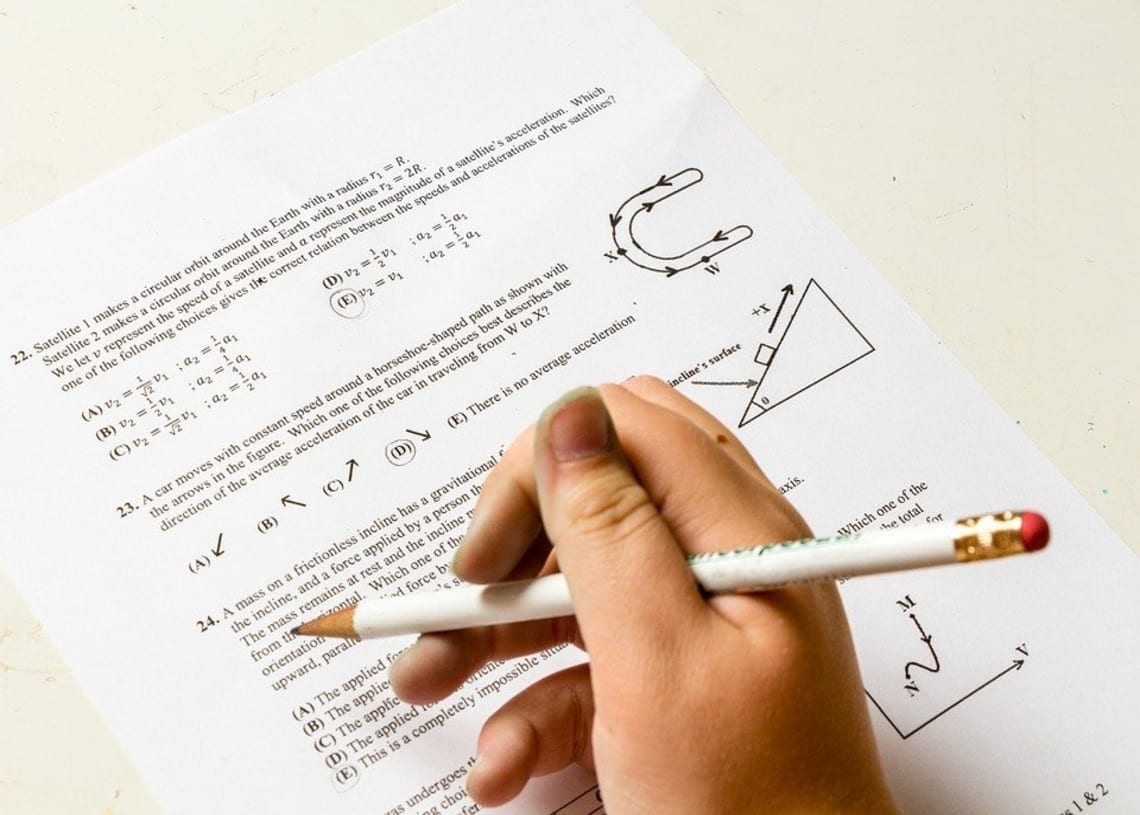When planning to go abroad for reasons from getting a job or a degree. IELTS is the most common exam that every person has to go through. Being one of the most widely accepted tests around the world, IELTS can prove to be your ticket to go overseas. As compared to other exams out there, IELTS preparation is very much different as it does not test your knowledge. It is a well-structured and action-oriented exam that accesses your English language skills. It is divided into 4 parts ––listening, speaking, writing, and reading skills–– which are the necessary factors when applying to go to an English Speaking country.

IELTS exam can be divided into two types which are General and Academic. The main difference between them is the purpose of going abroad. General IELTS is focused on people who are want to finish their secondary education. Whereas Academic IELTS is more of finishing higher studies in some good overseas university. Either way, you will need to prove your English and practice your skills before you go for your exam. This guide will tell you everything you need to know for your IELTS exam preparation.
IELTS Exam Format
One of the first steps towards your IELTS exam preparation is familiarizing yourself with the exam format. As mentioned earlier, the four parts of your English language skills are listening, reading, writing, and speaking. Once you are aware of the format, you can focus on each section and work towards improving your skills in each of them.
- Listening skills – This test will be for 30 minutes and is divided into 4 sections and 40 questions.
- Reading skills – This test comprises 40 questions and divided into 3 sections for 60 minutes
- Writing skills – This test will consist of 2 tasks and will be for 60 minutes.
- Speaking skills – This test will be of 3 parts of 11-14 minutes

Basic Guide To Preparing for IELTS Exam
1. Set realistic goals
Once you have decided to take the exam, be realistic with your goals. Remember, the more you practice, you more you have the ability to score. Effective preparation will help you succeed and score high. There is a big difference between the score you want and the score you are really going to get. So make sure you put in enough time and effort to score big.
2. Understand marking criteria
IELTS is graded on a scale of 0-9. You will receive a score for Reading, Writing, Speaking, and Listening. These scores are then averaged and this will give you your overall score. Scores are always rounded up to the nearest half score. If you are looking for a job or a good university, you may wonder what do they consider as a good IELTS score, read this article.
3. Perfect your skills
Each section of the IELTS exam offers different questions and each requires a specific skill that you need to adapt to. In order to appear for IETLS and score well, you need to perfect your language skills in all the above-mentioned sections. From a good vocabulary to grammar, everything single test will be a new challenge. Approaching each test with different sets of skills will result in a high score. Learning these skills does not take as much time as learning the language itself, but does take a significant amount of time. Making silly mistakes can cost you marks which can affect your overall score.
4. Sample Question Papers
The best way for you to practice your IELTS is to solve sample question papers. It is extremely beneficial as it will help improve your language and also familiarize yourself with the exam. This sample exam will establish what your current score would be, which you can access and make the necessary improvements wherever needed. Also, make sure that you do tests from trustworthy and official sources as fake tests can be misleading and prevent you from understanding what the real exam is like. Improving your language can be done in all sorts of ways such as reading the right books, watching the right videos, good discussions, etc. So, don’t limit yourself by focusing only on sample papers to improve your score.
5. Get help!
Taking some form of help from a professional to assess your skills will extremely beneficial, especially from someone who has been preparing students for IELTS. The qualified tutor or person will be able to point out your flaws and help you improve on them. Because if you do not know your weaknesses, you will waste time focusing on things that are not important. Once you have understood your weakness, work on them and give the sample paper again. Your teacher can then determine if you have improved or not and advise you on the next step. If not that, you can also enroll in any of the multiple online courses available online. This way you can get a professional outlook & hence score better in your exam.

6. Be Quick
With limited time given for each test, you need to be quick in answering the questions for your exam. So whenever you are practicing your exams, timing yourself will help you understand which type of questions you took more time on and what set of skills you applied to it. Then if you find a better way of doing those questions, you will be able to solve them much faster. If you manage to finish your exam before time, you can go through your answer and make necessary tweaks if any.
A Simple Study Guide
IELTS may seem tough, but with the right preparation, you will be able to score well. Create a schedule will definitely help in your preparation for your IELTS exams. Here’s a simple study that you can implement and consistently work on it until the day of your exam.
- Dedicate 1-2 hours a day
- Divide your time equally focusing on each section
- Improve your English daily by reading, studying, writing, and speaking
- Focus on areas where you lack and work on them
- Gain confidence by taking practice sample exams
- Be consistent
Conclusion
There are many students who miss their marks in passing IELTS exams every year. Most of them are for one simple reason, that they booked their exam before they were ready. So before you book your exam, make sure you are well prepared and ready for the IELTS exam






